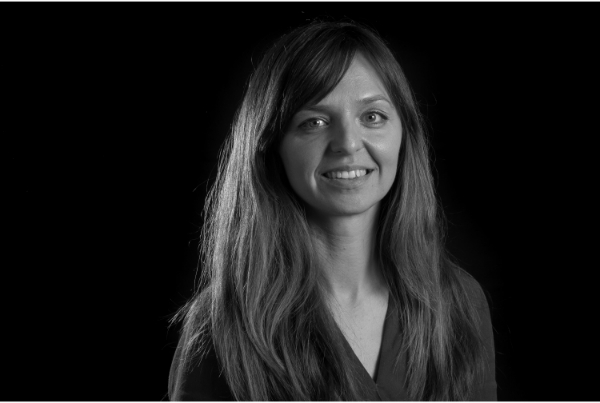Graduated in Biochemical Engineering and Biotechnology from the University of Belgrade´s Faculty of Technology and Metallurgy, Serbia, in 2004. PhD in Environmental Chemistry from the University of Barcelona in July 2009 with “cum laude” distinction. 2009-2014: Advanced Water Management Centre (AWMC), University of Queensland, Australia. November 2014-onwards: Catalan Institute for Water Research (ICRA), Girona, Spain. Awarded several prestigious fellowships: Queesland Early Career Smart Future Fellowship, Marie Curie International Incoming Fellowship, Ramon y Cajal fellowship. 2017-2022: ERC Starting Grant ELECTRON4WATER.
